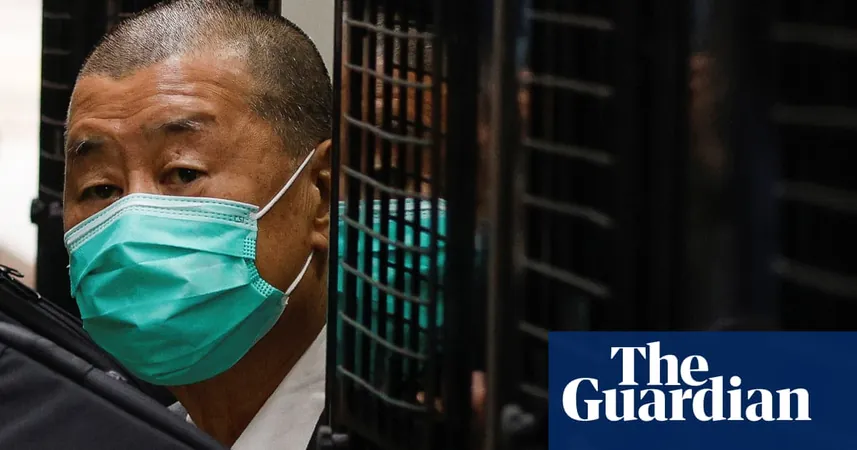
The Troubling Jimmy Lai Ruling: A Sign of Hong Kong's Eroding Rule of Law
2025-03-22
Author: Kai
In recent years, the freedoms in Hong Kong have been likened to experiencing "death by a thousand cuts." Indeed, the city's once-vibrant space for dissent has been eroded, leading to the jailing of critics, restructured elections skewed towards “patriots only,” and harassment of journalists, with many residents fleeing in search of safety.
This week, a seemingly minor legal ruling has raised alarms among experts, as it appears to inflict yet another blow to Hong Kong's already beleaguered legal framework. On March 17, the Court of Final Appeal (CFA), the highest judicial authority in Hong Kong, denied a motion by pro-democracy activist Jimmy Lai to have his preferred lawyer, Tim Owen KC, represent him in ongoing national security trials. Lai, now 77 years old, faces serious charges that could result in a life sentence.
The complications regarding Lai's legal representation date back to 2022, when Owen was initially granted the authority to act on Lai's behalf. However, the Hong Kong government objected, resulting in multiple failed attempts to prevent his inclusion in Lai's defense. The situation escalated when Chief Executive John Lee sought intervention from Beijing. In December 2022, the Chinese government issued a controversial interpretation of the national security law, which had been implemented in June 2020 in response to large-scale pro-democracy protests. This interpretation mandated that foreign lawyers representing clients in national security cases must obtain approval from the chief executive, creating a new layer of governmental control over legal proceedings.
Even though Owen had received approval before the interpretation, Hong Kong’s national security committee subsequently directed the immigration department to deny him a work permit, a move that former Supreme Court judge Jonathan Sumption found alarming. He remarked that it is "pretty well unheard of" for an approved lawyer to be denied the right to work. He went on to assert that this action deeply compromises the rule of law in Hong Kong and reflects poorly on the executive's respect for legal principles.
However, the crux of Lai's appeal wasn't just about the denial of Owen's visa; it was about the troubling principle that decisions of the national security committee are not legally contestable—a sentiment echoed by many in the legal community. Paul Harris SC, a former chair of the Hong Kong Bar Association who fled the city after threats from national security police, stated that such legal immunity effectively transforms the committee's authority into that of a police state.
The CFA made its ruling without providing justification, using a protocol typically reserved for applications deemed “frivolous.” Legal experts criticized this as an abdication of the judiciary’s responsibility to exercise oversight over the national security committee. Michael C. Davis, a former law professor at the University of Hong Kong, lamented that the CFA missed an opportunity to clarify boundaries around national security claims.
The implications of the CFA’s decision are significant, as it leaves Lai with no option to work with his chosen lawyer in future proceedings. His national security trial is set to continue into the autumn, with the specter of more legal challenges looming if he is convicted.
As this situation unfolds, the fate of Hong Kong's judicial integrity remains precarious, with many wondering what this ruling portends for the rule of law in a city that once prided itself on legal autonomy.
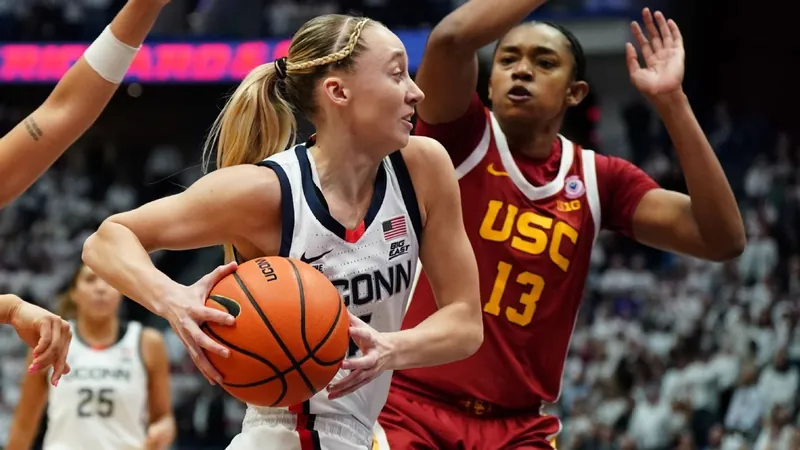
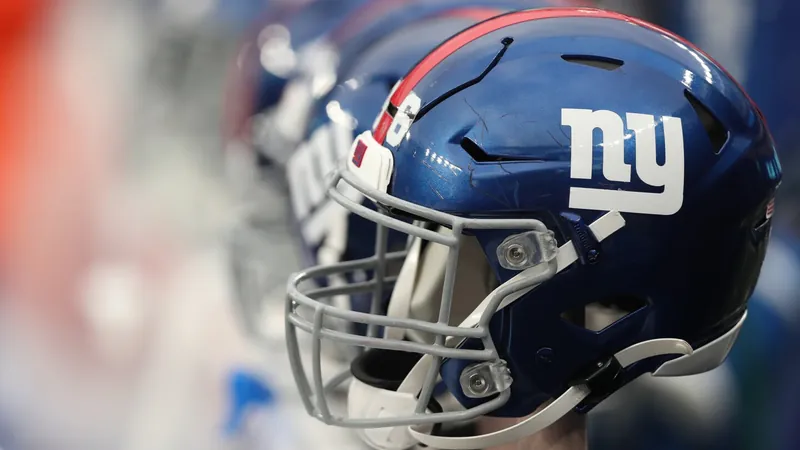

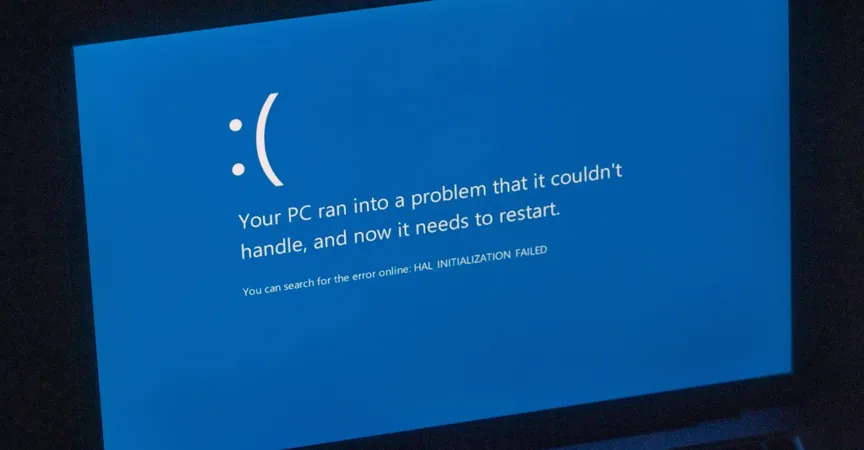

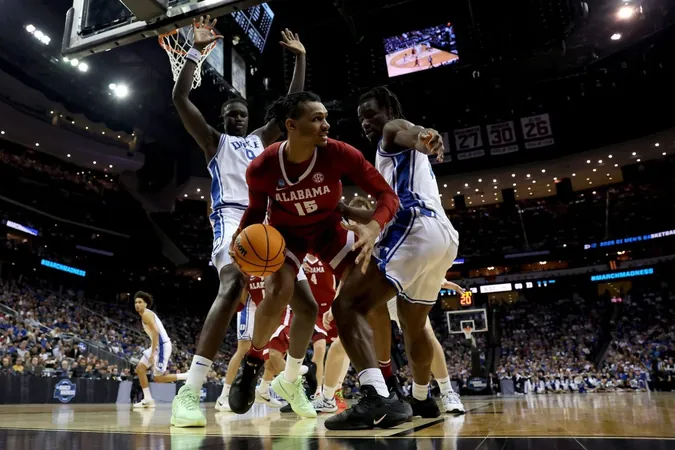
 Brasil (PT)
Brasil (PT)
 Canada (EN)
Canada (EN)
 Chile (ES)
Chile (ES)
 Česko (CS)
Česko (CS)
 대한민국 (KO)
대한민국 (KO)
 España (ES)
España (ES)
 France (FR)
France (FR)
 Hong Kong (EN)
Hong Kong (EN)
 Italia (IT)
Italia (IT)
 日本 (JA)
日本 (JA)
 Magyarország (HU)
Magyarország (HU)
 Norge (NO)
Norge (NO)
 Polska (PL)
Polska (PL)
 Schweiz (DE)
Schweiz (DE)
 Singapore (EN)
Singapore (EN)
 Sverige (SV)
Sverige (SV)
 Suomi (FI)
Suomi (FI)
 Türkiye (TR)
Türkiye (TR)
 الإمارات العربية المتحدة (AR)
الإمارات العربية المتحدة (AR)